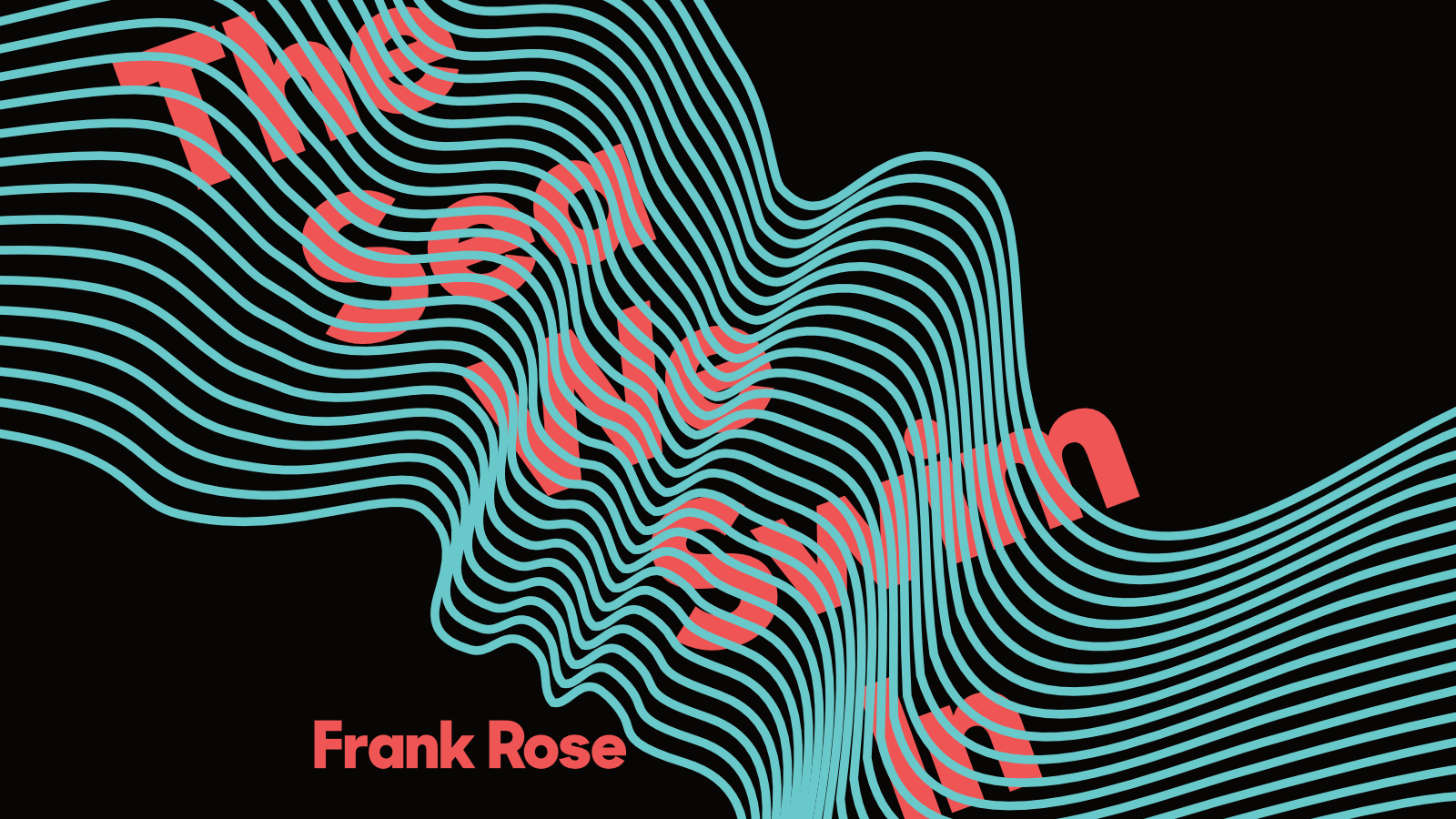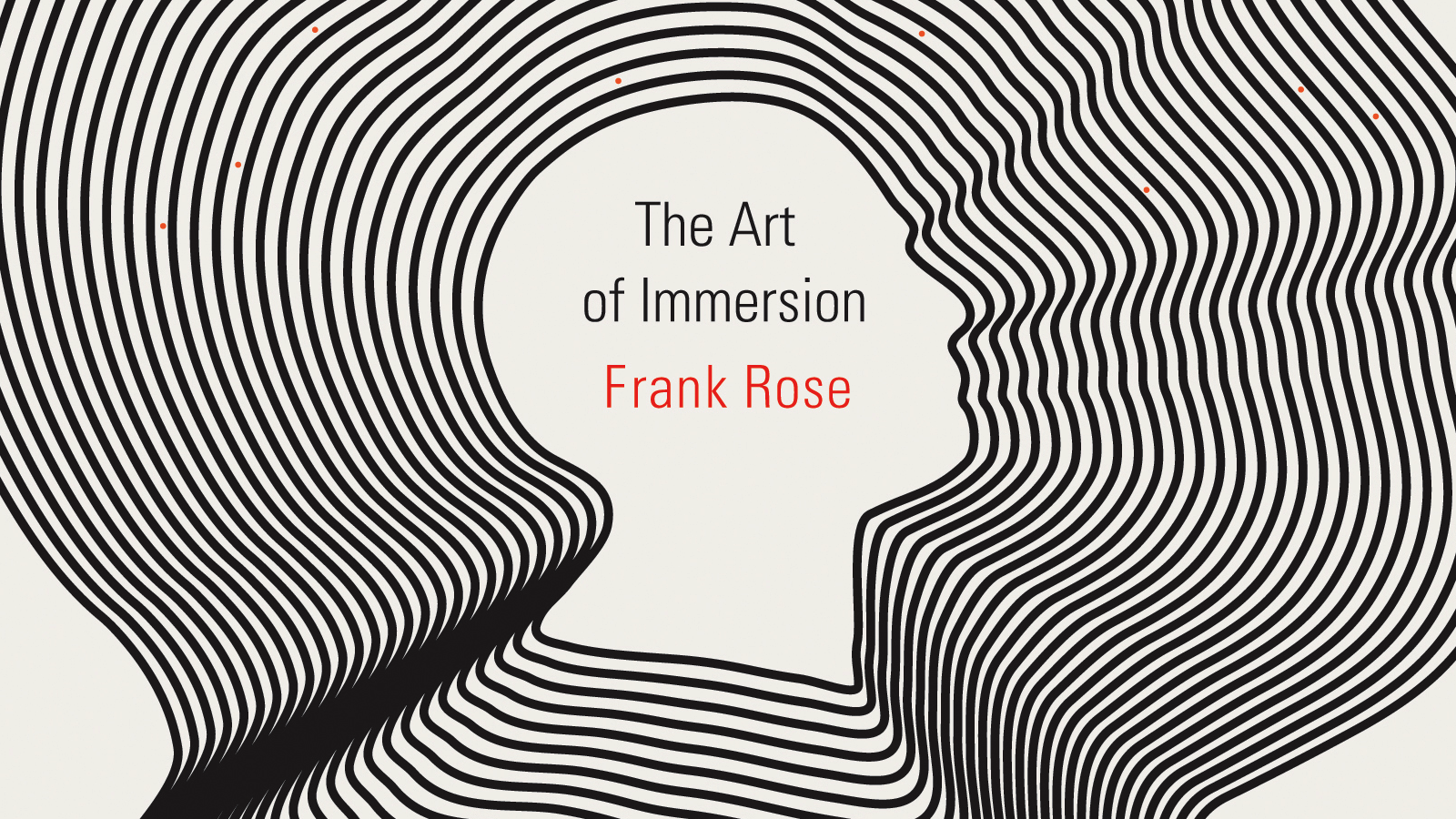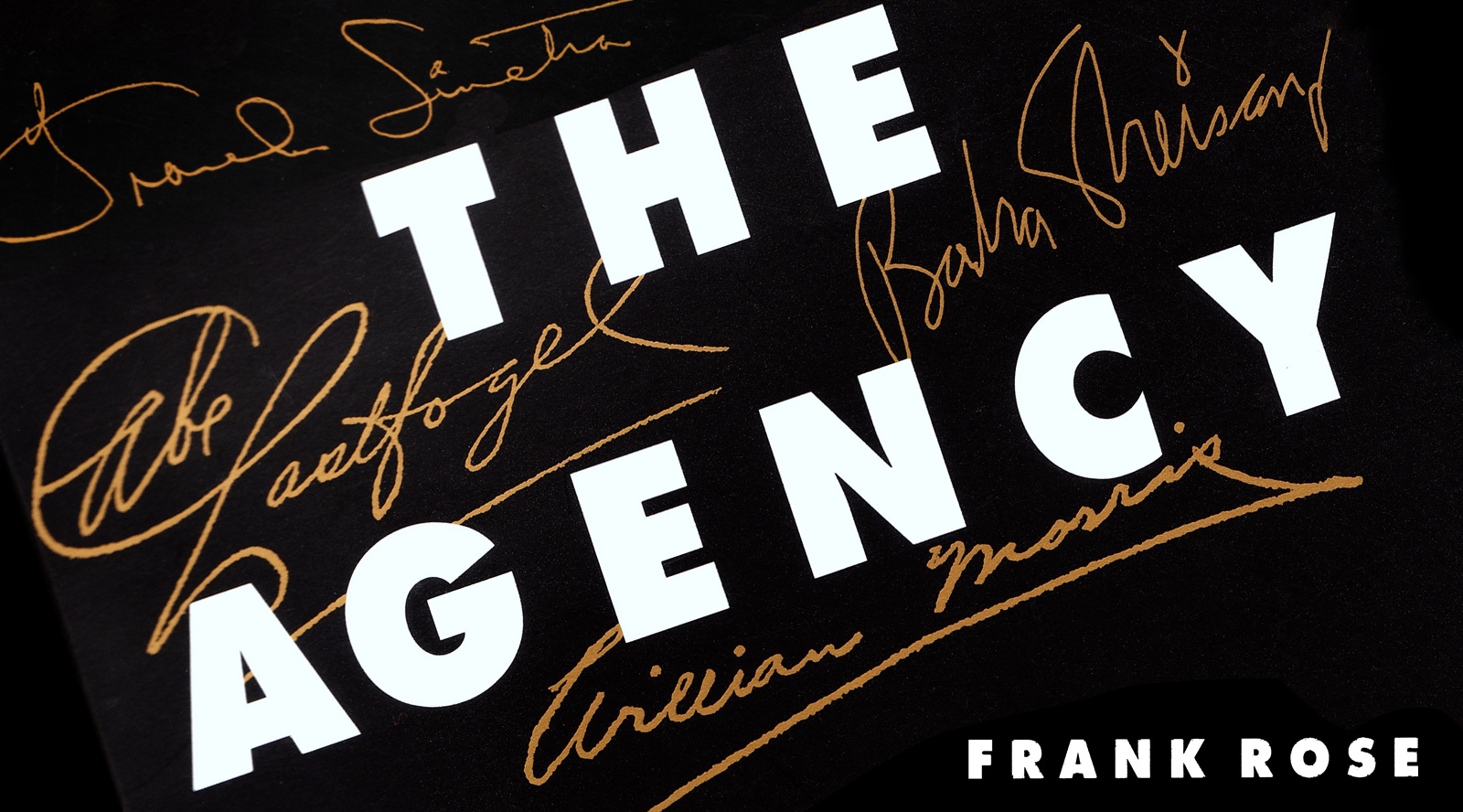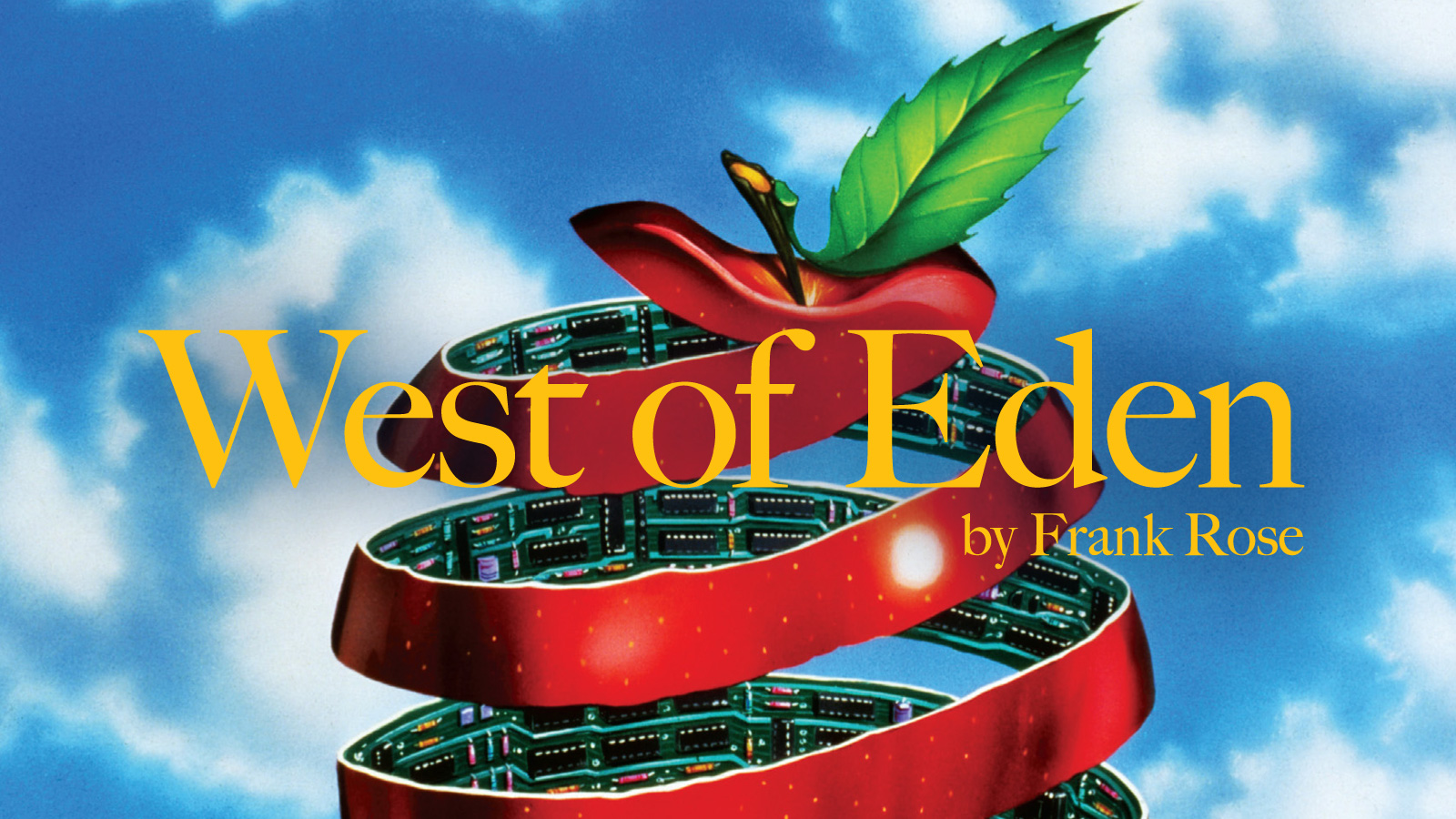
April 15, 2014
Behind the savage bloodshed, naked power lust, and epic betrayals that make HBO’s Game of Thrones so enthralling to watch are the languages created for the show. The Game of Thrones conlangs—short for “constructed languages”—were developed by David Peterson, the 33-year-old linguist who co-founded the Language Creation Society, an organization based in Orange County, California, not far from Disneyland. Aside from devising Dothraki, the native tongue of the nomadic horselords of Essos, and Valyrian, the family of dialects based on the language of the lost empire of Valyria, Peterson is best known as the linguist and “alien culture consultant” for Syfy’s Defiance. So far, however, nothing he’s contributed has matched the use of Valyrian in the stunning scene at the finish of “And Now His Watch Is Ended” (season 3, episode 4), when Daenerys Stormborn of House Targaryen—she who hatched the fire-breathing dragons—takes command of the Unsullied, the 8,000 warrior-eunuchs of Astapor, from their slave master, Kraznys.
Want to try it yourself? Later this month, Peterson leads a workshop in language creation at the first annual Filmatic Festival, an exploration of the future of movies at UC San Diego, the school where he earned his masters in linguistics. Thanks to an introduction by Rebecca Webb of ArtPower!, the campus arts organization that’s sponsoring the festival, I was able to put some questions to him by email. Here’s what he had to say about Dothraki, Valyrian, and language in general:
How important is language to world-building?
It depends entirely on the project. In Lilo & Stitch, it’s important to know that Stitch is an alien and that we live in a universe where aliens of all different stripes exist and there’s an intergalactic regulatory commission, but it’s not important what the alien species are, what languages they speak, what their governmental systems are, etc. The main alien-related action of the story is just the relationship between Stitch and his new Earth family. In movies like Fargo or Smoke Signals, where the story takes place is as important as the characters themselves. This isn’t true in, say, There’s Something About Mary, or even Flashdance, where Pittsburgh provides some exterior shots and local color, but it may as well have been Philadelphia, New York, Baltimore—some American city.
So when it comes to a film or television series, the question that must be asked is (a) how important is world-building to the plot, and (b) how realistic is the project aiming to be? If maximal authenticity is desired for a fantasy setting—whether set on a fictional Earth or out in space—created languages are a must. Unless the characters all hail from Earth and they never hear or interact with natives, failing to have a created language is failing to achieve authenticity. There is no wiggle room. A fantasy or science-fiction film cannot claim to be realistic if everyone speaks English.
What do you try to convey with a language? Dothraki, for example, and Valyrian.
Both Dothraki and Valyrian speakers are supposed to be realistic human beings that live in a world that’s different from our own. Consequently, all I tried to do was create languages that were as realistic as possible. The languages we speak on Earth aren’t attempting to “evoke” anything or “say” anything: they just exist. That’s what I aimed for with Dothraki and Valyrian. As much as I could, I wanted them to be indistinguishable from natural languages that are spoken on Earth—aside from the fact that they’ll have words for fantastical animals that don’t exist. (Well, our languages do too, but we don’t believe the referents exist. In A Song of Ice and Fire, they do.)
Okay, maybe they’re not designed to “say” anything about the people who speak them, but they’re certainly different in ways that can only be intentional—Dothraki so harsh and guttural, Valyrian almost lyrical.
Both Dothraki and High Valyrian were designed to match the aesthetics of the words from the books. So in that sense, I was really just extrapolating from material George R. R. Martin created. Terms like “harsh” and “lyrical” are completely subjective and relative. Dothraki is harsh and High Valyrian is lyrical to an English speaker—and that latter point is key. Dutch sounds pretty harsh to a Hawaiian speaker, but not so much to a German speaker. While Dothraki sounds harsh to an English speaker, I think it actually might sound fairly mellifluous to a speaker of Arabic. But that’s just a guess.
The perception is based on how different the phonology is from one’s own. English lacks any kind of velar fricatives or uvular or pharyngeal sounds, so languages that have them will sound different. In English, velar fricatives and such are often associated with non-linguistic sounds (coughing, hacking, yawning, etc.), so we associate languages that use those sounds with those activities. Similarly, many southern African languages have click consonants, and since we associate those with affective gestures or kids’ games, many English speakers think of languages with clicks as some kind of lesser form of language. None of this is true. Nevertheless, because of the languages we speak in America, these are the impressions we’ve formed.
So that’s the basic idea. Obviously if you know this as a language creator, it’s easy to create a “harsh” language if you know your audience is English-speaking—and the same goes for a mellifluous language. Reactions will always differ depending on the native language of the audience, though.
Is there really no word for “thank you” in Dothraki? What else are they lacking?
There isn’t anymore! There used to be, in the initial draft of the language. I mentioned to the producers that there was no word for “please,” though, and they extrapolated and added that there was no word for “thank you” in the very first episode. After it was said on screen, it became canon. When it comes to realism, languages exist that don’t have a word for “please”; I don’t think there’s a language on Earth that doesn’t have a word for “thank you.” So it’s not very realistic, but when the language you’re working on isn’t entirely your own, you’re not the only one with a say in its creation. That’s showbiz.
Outside of that, Dothraki lacks native terms for things that aren’t a part of the Dothraki way of life. They have no words for modern technology because modern technology doesn’t exist in their world. In 1890, there was no word for “Internet” in English, because the technology didn’t exist. The same is true of Dothraki, but their relative level of technology—and the baseline for the rest of the world—is a lot older than ours. Consequently, there are a lot of “ordinary” things they won’t have native words for: paper, book, letter, cannon, etc.
When Avatar came out, a friend in Brussels told me his 10-year-old son wanted to go to school to learn Na’vi. Do you get the same thing with Dothraki and Valyrian?
Not from 10 year-olds! Avatar was much more family-friendly than Game of Thrones tends to be. But, yeah, plenty of people want to learn it. The show is popular, so the languages garner some attention.
Does the fascination kids have with fictional languages carry over into a similar interest in, say, English?
Interest in language in general? Certainly. The very first second language one learns is a gateway. It opens one up to the idea that language can be different. Before that, everyone pretty much assumes that languages all behave the way their own language does. A lot of cultural misunderstandings are born of biases based on monolingualism. That initial foray into a second language is a crucial eye-opener—and, provided the language isn’t a coded form of English, it really doesn’t matter if the language was created by an individual or exists naturally on Earth. There are a lot of people interested in Na’vi and Dothraki and Valyrian and Klingon that would have never been interested in learning a natural language. After experiencing a bit of it, they’ll come away with a better understanding of language in general. I think that’s outstanding.
How does Klingon hold up?
It’s grown, but it hasn’t changed. Its fan community, though small compared to the speaker communities of most natural languages, has remained steady ever since its inception, and casual interest in it is huge. I bet ten years after the eventual Game of Thrones finale, interest in Dothraki and Valyrian will have waned, but interest in Klingon will remain steady.
How come Esperanto never took off?
The World Wars, I gather. They kind of killed the high-minded utopian idealism of the late 19th century, which is basically what gave birth to Esperanto. Neither Esperanto’s early success nor its eventual fall into relative obscurity had anything to do with the relative merits of the language. Part of its initial success was due to the fact that it was functional, and it was open source. One of its earliest competitors, Volapük, was functional and tightly controlled by its creator.
Esperanto had no baggage attached to it, so people who were interested in the ideal of a universal language rallied around it. Unfortunately many idealistic enterprises got wrongly associated with various taboos in the early 20th century. Esperanto was labeled a “Jewish conspiracy” at one point in time and a “Communist conspiracy” at another—neither of which was true. It never again reached the height of popularity it attained in the ’10s and ’20s.
That said, Esperanto remains the most successful created language in history, in terms of speakers, literature (both translated and original), and cultural impact. It has more fluent speakers right at this moment than Klingon will probably ever have over the course of its existence—and more native speakers than any combination of other created languages will ever have. Esperanto will never be a universal language, but its fan base (and I think that’s the best way to conceptualize and understand Esperanto today—as a fandom) is comparatively enormous, and should remain constant for the foreseeable future.
What are common mistakes people make when inventing a language? What makes them a mistake?
It depends on the goal of the language. For Esperanto, one of the goals was to be universal. Consequently, the fact that its grammar and lexicon is based almost exclusively on Western European languages was a mistake. That’s not universal at all. It doesn’t seem to matter to its users, though.
In general, most conlang users don’t seem to care very much whether the language lives up to its goals. Popularity is a different animal from authenticity. Esperanto was very popular in Western Europe precisely because it was so European—i.e. it was very much like a Romance language, but simpler. They weren’t getting a lot of feedback from speakers of the native languages of Northern Canada back in the late 19th century, but since it was a European phenomenon, I’m sure it never occurred to anyone to care.
For languages that are attempting to fit a realistic human setting, they should be evolved the way human languages are. Obviously there has to be a cutoff point somewhere (cf. Carl Sagan’s quote about how creating an apple pie “from scratch” requires creating the universe), but there should be evidence that pronunciation evolved; that meaning has shifted; and that the grammar comes from somewhere—that affixes weren’t invented willy-nilly because they were neat or because some other language does it. Doing anything less will damage the authenticity of the language.
You’ve talked before about making sure Valyrian evolved over a period of time in order to sound authentic. How do you do that? Do languages have a pattern of evolution?
Languages have many evolutionary patterns. Leaving writing systems aside, languages change in three ways: (1) pronunciation; (2) meaning; and (3) grammar. Linguists understand each of these processes to an extent—and in descending order. How sounds change is one of the areas we have a very strong understanding of; how meanings of words change, a little less so; and how grammar changes, a little less than that. Even so, we have a fairly good understanding of some of the main processes that effect change in each of these three categories. As a language creator, it’s your job to take what we’ve learned and apply it.
Stepping back, if language creation is an art, then the language creator as artist should be making informed decisions about every single aspect of the creation where choice is involved. Someone creating their very first language typically lacks the experience to realize where decisions can be made, and will unconsciously build in a lot of their native language’s tendency into their conlang. But everyone has to start somewhere. You make mistakes, you learn from them, and you try to do better the next time.
Why has English become so dominant in the Western world?
The Cold War? Even in the 19th century, French was still the international language. It wasn’t until the 20th century, as the US became more of a major technological and cultural power, that English started to take over as the dominant language of international relations.
As with Esperanto, the relative merits of the language have nothing to do with its popularity. And even if English-speaking nations start to lose their footing a bit in the 21st and 22nd centuries, my guess is English will stick around precisely because of its role on the Internet. So much of what computing was built on was built with English in mind as the dominant language. There’d have to be a major technological paradigm shift to cause a linguistic sea change on that front, and unless the Internet collapses or becomes irrelevant at some point in time, I don’t see that happening.
One thing that fascinates me about natural languages is the way their evolution inspires panic among the self-appointed guardians of the language. This is particularly true in France, where someone is forever obsessing about the invasion of new words from English. But it happens in the US too, usually over the usage of words like “like” or new coinages like “LOL.” What’s this about? Why don’t people see the constant evolution of language as a strength rather than a flaw?
I don’t know. Fear of death? (Moonstruck reference!) There’s never been a time in history where older speakers didn’t complain about the speech of younger speakers. Even if at some point in time everyone on Earth “gets” it and understands that languages change and evolve, I doubt we’ll be able to keep it in our collective consciousness long enough for successive generations to remember that they shouldn’t worry about how kids speak.
But, really, I think it’s all the fear of death—or the fear of being forgotten. After all, if the younger generation starts to speak in a new way, they will leave the older generation behind. The older generation won’t understand what the younger generation is doing, and if they’re taking over as the new custodians of life and culture, that could be a problem.
Furthermore, everyone wants to feel validated—like their life experience is important, relevant and appreciated. If kids can’t even understand their elders, and vice versa, how will they ever learn the history of their elders, let alone appreciate it? If the lives of the older generation aren’t relevant any longer, how will they be remembered when they’re gone?
Fear is stronger than logic. This fear of how younger people are different seems to naturally take hold of all human beings as they age. I doubt we’ll ever evolve out of that.















Comments
Comments are closed here.